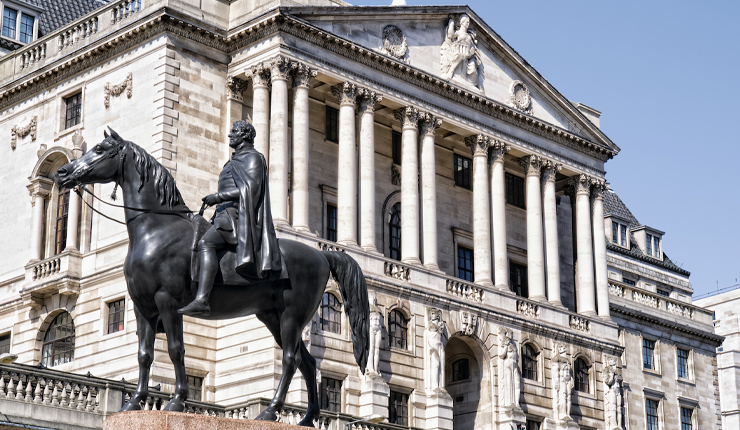The Bank of England (BOE) should restructure a programme designed to encourage banks to lend cheaply for small businesses to ensure capital-intensive green projects investment, a think tank proposed on Friday.
Green projects with high start-up costs including wind and solar farms, home insulation and electric car charging have risked losing out due to carbon-intensive business plans that require less borrowing, the News Economics Foundation (NEF), said.
The ability to cut emissions and reduce the dependence on volatile oil and gas is endangered after the interest rates hike, NEF economist Lukasz Krebel said.
The cheaper lending step for the green projects should have no-brainer as it will move away the usage of dangerous fossil fuels, Krebel added.
Britain needs £140 billion ($162 billion) green investment between 2023 and 2027 to meet net-zero goals, based on data from the British government’s Office for Budget Responsibility and Climate Change Commission.
Noteworthy, BOE has raised interest rates from 0.1 percent to 1.75 percent since December. The financial markets think rates may reach more than 4 percent by the middle of next year.
BOE’s Term Funding Scheme (TFS) gave banks cheap four-year finance at the beginning of Corona pandemic against collateral if they in turn lent more to small and medium-sized businesses. Under the TFS programme more than £192 billion were collected.
TFS allows banks to emit interest-free loans to fund retrofitting buildings with heat pumps, solar panels and domestic wind turbines.


